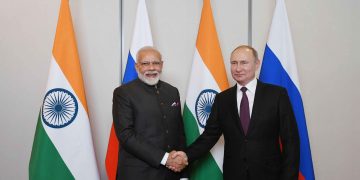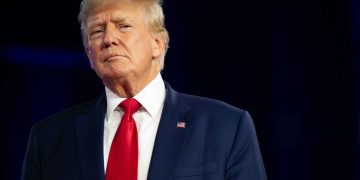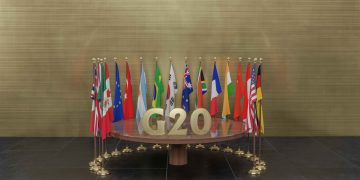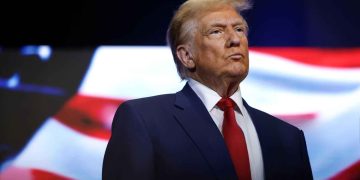Dr. Haitham Omran, a political science and international law lecturer at Suez University in Egypt, asserts that cooperation among BRICS nations can serve as a catalyst for establishing a multipolar world. This shift has the potential to accelerate economic growth within the bloc and create new partnerships for Africa.
Unique Approach to Africa
Dr. Omran highlights the distinctive approach that BRICS countries, particularly Russia, take toward Africa. He contrasts Russia’s unconditional aid and investment policies with the conditional approaches often seen from Western nations.
“Russia, for example, provides aid and investment without imposing human rights or governance conditions, making it a preferred partner for many African countries that feel pressured by Western demands,” Dr. Omran explained in an interview with Sputnik Africa. He emphasized that Russia’s historical lack of colonialism in Africa enhances its attractiveness as a partner for many African nations.
“In contrast, Western countries are often viewed as symbols of domination over African states, and the legacy of colonialism still resonates in the African mindset regarding Western-African relations,” he added.
Stability in Conflict Areas
Dr. Omran believes that BRICS can also contribute to stability in regions affected by conflict, further enhancing its appeal to African nations. He noted that Egypt’s participation in the BRICS summit for the first time reflects a broader trend of African nations expressing a willingness to join the bloc.
A Shift in Global Dynamics
Speaking on the growing global rejection of the current international order, Dr. Omran stated, “Countries around the world are increasingly starting to reject the existence of a single international power or entities that control their destinies politically and economically.” He pointed out that many nations no longer view the existing international system as effective, citing its failure to adequately address numerous political, economic, and military crises.
As BRICS continues to expand and develop partnerships, it may pave the way for a more balanced global economic landscape, offering alternatives that could significantly reshape international relations and economic cooperation.





















